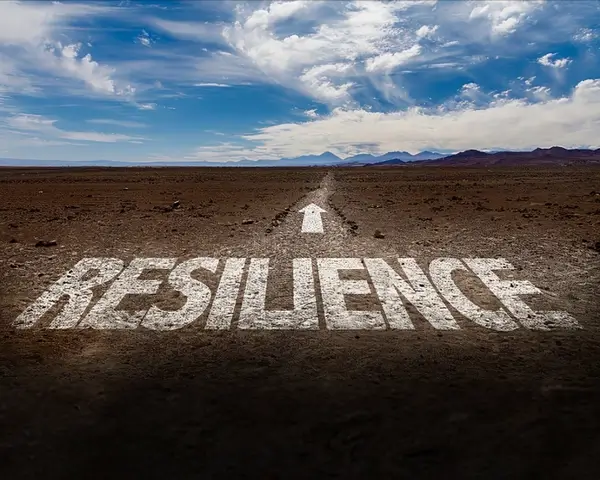It seems like everyone is talking about the mass exodus from the workplace; The Great Resignation as it’s been called.
However, what is causing so many unhappy employees to head for the door?
The Great Resignation: Why more Americans are quitting their jobs than ever before – 60 Minutes
American workers are becoming their own bosses through ‘The Great Resignation’ – The Today Show
The Great Resignation is coming for schools. – Politico
The great resignation is changing work in America, and it’s here to stay – CNET
Given the impacts of The Great Resignation, it doesn’t feel like many leaders are doing anything to make long-term changes for the better. Sure, some are increasing wages, offering sign-on bonuses, and paying for education. But that’s really nothing new. Some are changing and offering new flexibility in how, when, and where employees work. But yet this doesn’t seem to be doing much to slow the number of people saying…I QUIT!
Employers are not addressing one major piece of why employees are quitting: A shift in perspective. Many employees have had an increased awareness regarding their values and expectations, personally and in the workplace. The Great Resignation should be renamed The Great Shift in Perspective because it’s not just about the pandemic and it’s not just about money; it’s about something bigger.
Employees are reevaluating what is really important to them. And it’s not an inflexible employer or a 70hr workweek. Employees are reevaluating how they are willing to be treated by an employer; what behaviors, policies, and work environments they find acceptable, and what type of workplace culture they want to be part of.
After dealing with change and uncertainty for so long, many employees have come up with new ways of working that meet both employer and personal demands. Employees have found new ways of working, actually work. Yet, many employers expect them to just return to the way things were or aren’t willing to meet employees’ current demands.
To say it bluntly, many employees are tired of being treated like a number, like replaceable drones. They are tired of doing what they consider to be a shitty job with shitty benefits with shitty upward mobility. And they’re even more tired of doing a great job with shitty rewards and recognition
In the midst of all this change and transition, leaders have two choices: adapt or face the impacts.
If you’re a leader willing to adapt but you’re not sure where to start – download our Workplace and Transition checklist. It contains some tips and actions to consider to help reduce negative employee and customer impacts and achieve maximum results during times of change and transition, such as The Great Resignation.
I’ve also been having lots of coaching conversations regarding workplace change and transition lately. If you’re thinking about making the leap to become part of The Great Resignation, already have, or are a leader dealing with the impacts, let’s talk! I’m happy to listen and discuss if coaching can help you adapt to the new normal.
What has your experience been with The Great Resignation?
About Scott Span, MSOD, CSM: is CEO at Tolero Solutions. As a people strategist, leadership coach, and change and transformation specialist, his work is focused on people. Through his consulting and training work he supports clients to survive and thrive through change and transition and create people-focused cultures and a great employee experience. Through his coaching work, he supports people willing to dig deeper to identify and overcome what’s holding them back, change behaviors, accelerate performance and achieve their goals.
Email | Website | LinkedIn | Twitter | Blog | Facebook| YouTube | Instagram
_______________________________________________________________________
*All Rights Reserved. Reproduction, publication, and all other use of any and all of this content is prohibited without the authorized consent of Tolero Solutions and the author.





